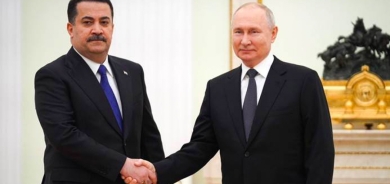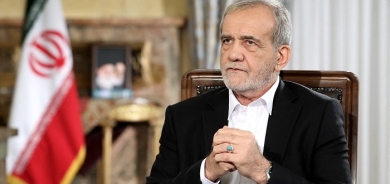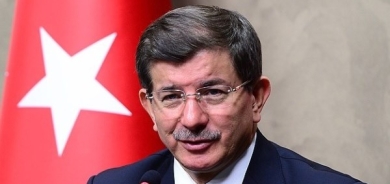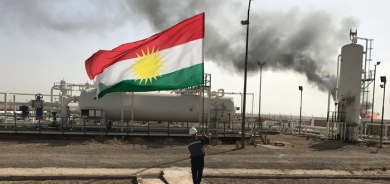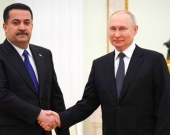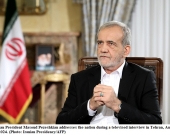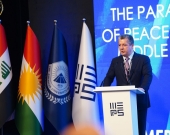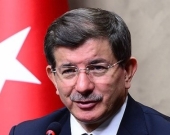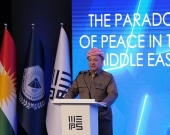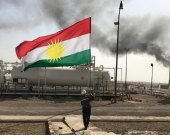Al-Qaeda gunmen pull out of Yemen town

“They have left the town,” located 130 kilometers (85 miles) southeast of Sana’a, one tribal source said hours after a senior military official said there had been mediation to convince the extremists to withdraw.
“Tribal mediation carried out by Sheikh Hashed Fadhl al-Qawsi succeeded, after three days of talks, to convince the armed Al-Qaeda men to leave Rada,” a senior official had told AFP late on Tuesday.
As news of the gunmen’s withdrawal spread, Rada residents took to the streets in celebration, firing shots in the air.
“Our town is celebrating this event as war and chaos have been avoided,” said one resident, Faisal al-Riashi, reached by telephone.
“Life in Rada is returning to normal and residents have begun removing rocks” used by the militants to block roads, said another resident Aref al-Amri. He added that shops are reopening.
The military official had said that al-Qaeda members began evacuating public buildings they had occupied after taking the town on January 16.
“They are leaving the location without resistance,” he added.
A local dignitary, Ahmed Kalaz, confirmed the exit of Islamist fighters he described as close to Tarek al-Dahab, the brother-in-law of the Yemeni-American militant, Anwar al-Awlaqi, killed in a U.S. air strike last September.
“They’ve retreated to al-Manasa,” Dahab’s native village some 30 km (19 miles) southeast of Rada, Kalaz said.
Kalaz said tribal mediators had succeeded in convincing the militants to accept the release of 15 of their members held by the Yemeni authorities without trial in return for evacuating Rada.
Among the prisoners to be set free is Nabil al-Dahab, brother of al-Qaeda leader Tarek.
Some of the prisoners have already been released, one of the mediators said without giving further details. The rest would be released over the course of the day.
A mediator said that the militants had also demanded the formation of a committee comprising town residents to replace Rada’s corrupt officials.
The al-Qaeda militants swept into Rada nine days ago and overran it within hours, marking a significant advance by the extremists towards the capital.
The takeover of Rada had been the latest in a series of towns and cities -- until now deeper in the south and east -- to fall as al-Qaeda sweeps through parts of the country, taking advantage of a central government weakened by months of protests.
Al-Qaeda-linked militants already control a string of towns in Abyan, Shabwa and Marib provinces, but Rada was the closest they had come to the capital.
The strong jihadist presence in Yemen made President Ali Abdullah Saleh a key ally in Washington’s “war on terror” before the Arab spring uprisings sparked a wave of protests against his regime that he countered with deadly violence.

